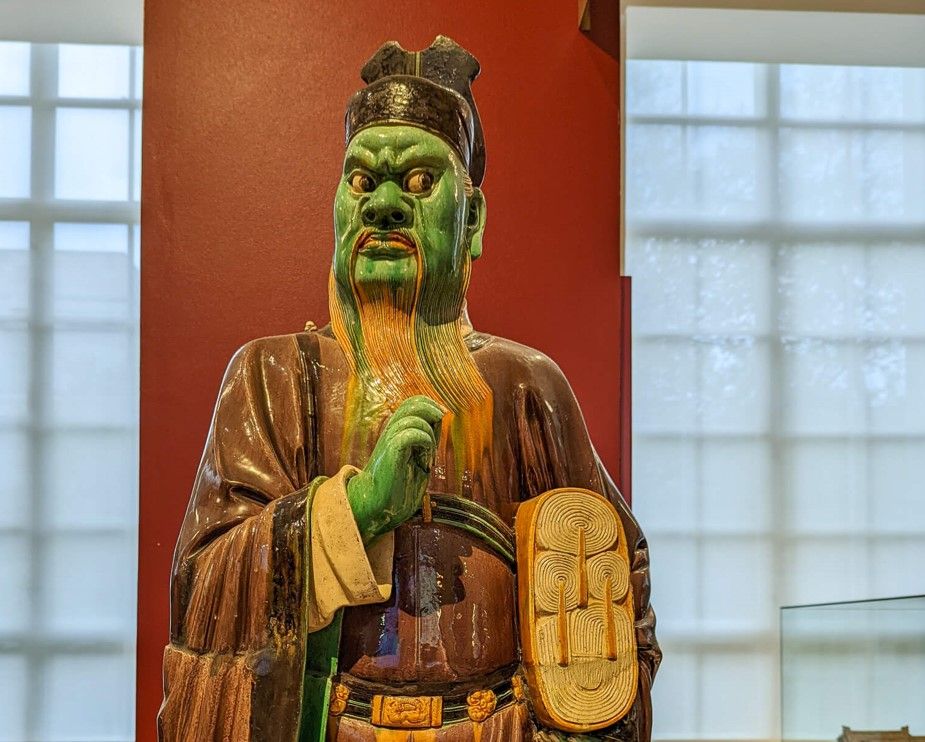How To Identify Hobbies That Are Complete Timewasters

Greetings friends!
Today we discuss how to think about hobbies. This might be more helpful to your happiness than you at first suspect.
Here’s the surest sign that a hobby is a giant waste of time: someone else is doing it and you’re not.
No, really. Have you ever noticed how easy it is to dismiss what others do as unimportant? And not only that but inexplicable.
- “You spend how much on knitting supplies each month?”
- “Wait, you actually collect used candy wrappers?”
- “Tell me again why you dress up in period costumes and don’t bathe for a week?”
If any of your hobbies are listed above, it’s not personal. I am just using them for illustration purposes. I am sure they’re fine pastimes — for you.
And that’s the point. Your interests likely diverge widely, sometimes wildly, from others’ interests. We've all met people who take their hobbies too seriously. So seriously, in fact, that they become hobby snobs.
What’s a Hobby Snob?
A hobby snob is someone who disdains the efforts of others as mere dilettantes.
- "If you don’t write an article a day, my dear, you simply aren’t a real writer."
- "If you don’t run marathons, you shouldn’t bother lacing up your shoes, imposter!"
- "If you don’t ride your bicycle rain or shine, hot or cold, then you’re just an amateur, who doesn’t deserve to call yourself a cyclist."
Pick your category, I think you get the point.

From what fire are hobby snobs forged?
At what point does passionate enthusiasm morph into putting down anyone who doesn’t embrace the madness with the same fervor?
I’m not sure, but I think it has to do with sunk costs and cognitive dissonance. When you’ve invested a serious amount of time in an activity (writing, running, biking, etc.), you might question whether your time was well spent.
Because we all want to think we’re rational, good people, we convince ourselves that we indeed spent our time wisely. We double down, in other words, to avoid confronting the idea we may have wasted time profligately.
And in the final stage, we convince ourselves that anyone who takes a more balanced approach isn’t a real enthusiast like we are. After all, we put in weeks, months, years even. They’re just messing around.
To admit otherwise is to say we could have achieved good outcomes with less investment. And that would hurt.
How Does It Help Me to Know Any of This?
An interesting thing happens when you realize how easily you can dismiss other people’s heartfelt hobbies as terrible timewasters.
With some self-reflection, you might accept the thought that your own hobbies are not objectively brilliant.
What do I mean by that? Well, others are certainly likely to easily dismiss your hobbies. “Run marathons? No, I don’t think so.” Or, “I’d rather poke my eyes out than spend hours sifting through dusty stamps.” And so on.
It’s possible nothing about your hobby makes it superior to others. Nothing, that is, beyond the fact that you do it.
And recognizing that your hobby is just a hobby, you are free to re-evaluate whether and how you will continue to pursue it.
First, try not to become a hobby snob
Remember how you started. Haltingly, a few steps correctly placed and then a great detour. Maybe others more experienced helped you along the way. How much did you appreciate their help? A lot, I bet.
Be the kind of person you appreciated when you were starting out, and you probably won’t behave like a hobby snob.
Revisit what your hobbies cost (and what they bring)
Our hobbies bring us enjoyment and sometimes joy. The questions you may want to ask are what do our hobbies cost us and do they bring anything beyond enjoyment?
In costs, you must include time invested each day. Every hour you spend pursuing your hobby is an hour you cannot spend elsewhere. The opportunity cost of lost time is real.
Then there’s out of pocket costs. People spend lavishly on their hobbies in ways the non-enthusiast just can’t grasp.
On the plus side, maybe your hobby brings you benefits beyond enjoyment.
- Do you perhaps earn some money from your hobby?
- Do you see your hobby is making you healthier?
- Does your philosophical reading make you wiser or happier with your life?
Be tactical in choosing hobbies that double or triple your benefits
You can increase your influence and reach by thinking tactically. See How to Measure Your Impact on the World for a discussion of power and influence.
For each additional benefit you potentially gain from your hobby, the greater the objective value of that hobby to you. You will have fun either way. Why not also improve your life along an important metric while you’re at it?
Or as Ben Franklin might have said, who wouldn’t want to enjoy their hobby while also getting healthy, wealthy, and wise?
Be well.
Hit reply to tell me what's on your mind or write a comment directly on Klugne. If you received this mail from a friend and would like to subscribe to my free weekly newsletter, click here.
I posted a version of this article in parts on Medium originally, here and here.






Member discussion